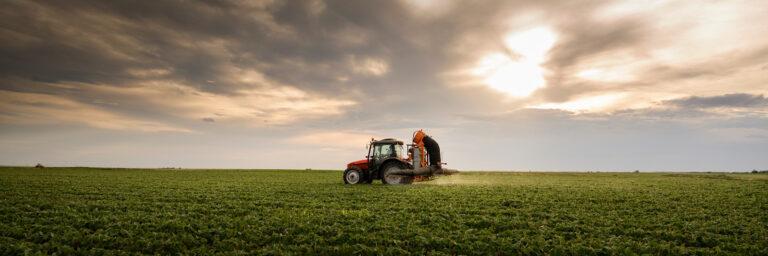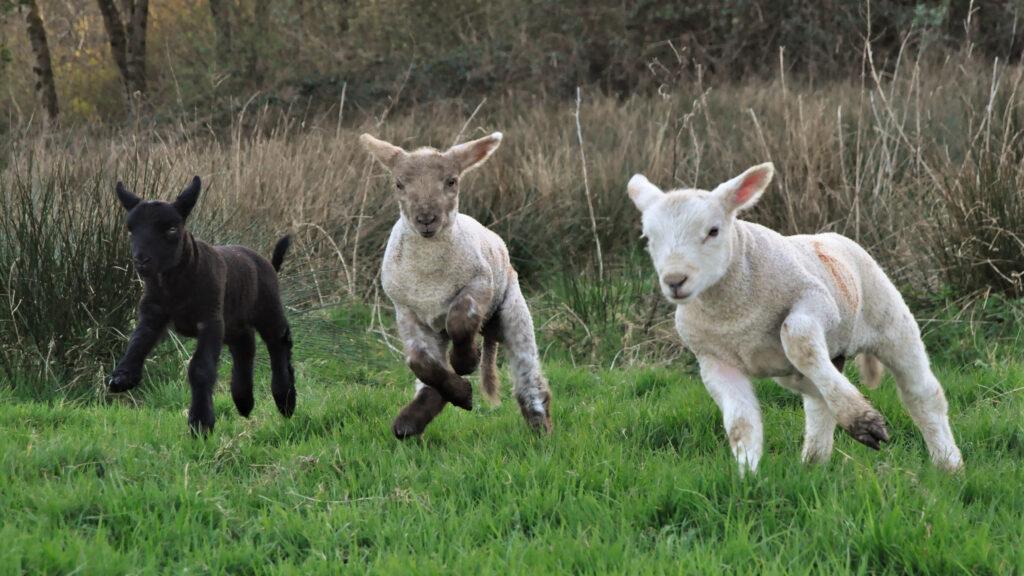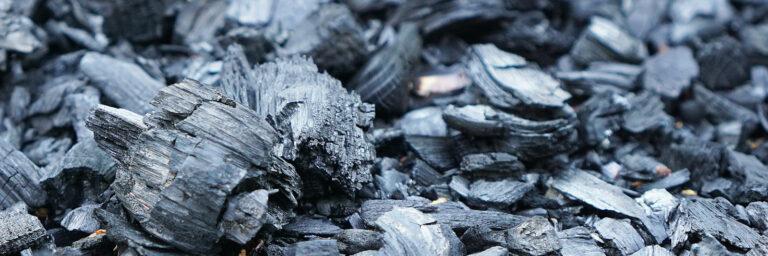
April Business Update: SRUC
After two years of operation as a Limited Company, Agrecalc became part of Scotland’s Rural College (SRUC) as of 1 April 2025.
Herefordshire Council have taken a leading role in carbon reduction. As part of this they commissioned a programme to conduct a comprehensive audit and benchmarking project to establish the carbon footprints of farms throughout the county. The consultancy group 4R Reassurance have undertaken this work on 46 diverse farms, working closely with the Agrecalc team.
4R Group has been working with farmers and landowners, through recycling and recovering a wide range of organic materials to land since 2006. In 2019, 4R Reassurance was born with a goal to use the existing in-house experience and know-how to design a set of dedicated and complete agricultural services, focusing on farm carbon audits, health and safety, nutritional management plans, and assurance, helping land-based businesses with their day-to-day challenges.
As part of Herefordshire Council’s Greener footprint initiative, and working with the Herefordshire Climate and Nature Partnership Board, 4R Reassurance has been involved in carbon assessments among a diverse range of farming types, reflecting the farming practices in the area. This included farms of varying sizes, ranging from smallholdings to large estates.
The objective of the programme was to conduct a comprehensive audit and benchmarking project to establish the carbon footprints of farms throughout the county. There were 46 farms assessed in the project, with 12,500 hectares in total, benchmarked against data from around 12,000 farms in Agrecalc.
A farm carbon footprint assessment is crucial for farming enterprises as it helps identify the main sources of emissions and develop targeted strategies to reduce the farm’s carbon footprint.
By identifying areas for improvement, farmers can enhance resource efficiency and environmental stewardship, contributing to a more sustainable and resilient farming operation, thus also contributing to overall ESG goals of a particular council.
In Herefordshire and as part of this project 4R Reassurance audited several fruit farms that supply a variety of different types of fruit including pears, dessert apples and cider apples. At the start of the project this was all classed as Top Fruit. Throughout the project 4R Reassurance worked with Agrecalc’s team to breakdown the top fruit section into their own enterprises, meaning dessert and cider apples now show as their own enterprise giving more accurate results.
Agrecalc has also worked to tailor the tool to the county’s specific enterprise mix to map and add other locally important enterprises. Agrecalc has undertaken analysis to identify the important role the very diverse mixed farming in the county has in reducing carbon emissions below the UK average in many cases. This is achieved through efficient allocation and recycling of resources between enterprises e.g. crops and livestock.

“I have found the calculator user friendly. The experience and knowledge of the Agrecalc team has been a great help when problems have arisen, they have been on hand to give us the answers or find a work around. Having the reports validated before they are presented on farm gives me the reassurance that what I am presenting on farm is accurate and correct.”
Jonathan Lloyd, Agricultural Consultant, 4R Reasurance
Agrecalc was chosen as it corresponds to the methodology used by 4R Reasurance: the IPCC and PAS2050 standards. The audits are also conducted by the same assessor to ensure consistency, increased understanding and efficiency of data gathering.
The project was led by Jonathan Lloyd, Agricultural Consultant who works closely with farmers to develop their bespoke Nutrient Management Plans and Carbon Reports.
The 4R Reassurance team are FACTS-qualified Nutrient Management Planners, as well as WAMITAB (Waste Management Training and Advisory Board) certified operators. They conduct business nationally, providing service in practical farm management on a range of mixed farms. Therefore, they understand farm systems and can ensure advice is bespoke to individual farms. The company’s two main offices are in Gloucestershire and Yorkshire.
After the assessments are done the reports are issued in person and a walkthrough is undertaken, representing an opportunity to discuss and understand the outcomes.
Agrelcalc’s benchmarking capabilities for the various farming enterprises across the country have been hailed as a brilliant tool, that always sparks conversation when presenting the report on farms. It gives the farmers a real idea on how well they are performing, as well as highlights the enterprises that might need more attention to improve efficiency.
4R Reassurance have also organised a number of farm events – resource efficiency-focused gatherings which represented an opportunity to meet participating farmers and other stakeholders, present key findings and discuss the advantages and next steps.
The key findings of the Herefordshire project were:
The benefits of a carbon assessment have been proven in the ability to signpost farmers to key grants that can assist with improving carbon efficiency. They have also laid a foundation for yearly tracking of progress, with the aim of improving resource efficiency and helping farmers find cost savings and future proof their businesses, in light of ever-changing environmental regulations. 4R Reassurance and Agrecalc are continuing the partnership with a view to leading the way towards sustainable agriculture.

After two years of operation as a Limited Company, Agrecalc became part of Scotland’s Rural College (SRUC) as of 1 April 2025.

Biochar is a carbon-rich material produced by pyrolysing biomass, which offers a variety of potential agronomic benefits. In this guest article, Black Bull Biochar discusses how these effects work together to bolster productivity, sustainability, and resilience in farming.

The Agrecalc team is looking forward to welcoming you at our stand (2.844) at this year’s Low Carbon Agriculture Show, taking place on March 5 and 6, at NAEC Stoneleigh near Kenilworth.